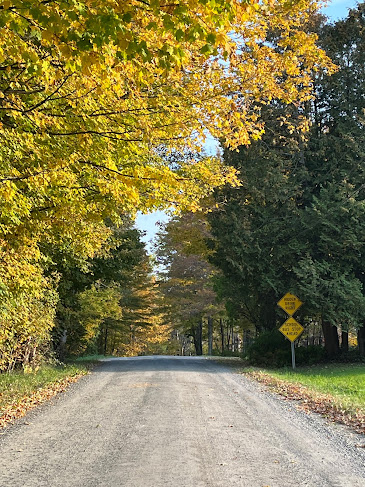Although I hosted a wonderful elderly dog at my home for two months earlier this year, it turned out that I'm not a very skilled dog trainer ... and am getting a bit past learning new tricks myself. It hurt my heart to return the sweet pet who'd come here for a try-her-out visit, but it was the right thing to do, before I either broke a bone by falling while she tugged me along, or lost too much sleep to her eager awareness (bark, bark, bark, growl!) of the other animals around this rural place.
Even without a "companion animal" at hand, I found strong interest in the creatures in the new "Dr. Kate Vet Mystery" from Eileen Brady, released this month: MURDERS OF A FEATHER (Poisoned Pen Press).
As in many a "cozy" mystery series, the complications of crime in this lively tale are paired with Kate Turner's aching heart and hope for romance in time for Valentine's Day. Too bad the new vet in the area, "Dr. Mike," is married with newborn twins, as the two adults work so well together in a barn, meshing one's large-animal skills with the other's deft surgical and medical approaches. This too will turn into a twist of the plot, of course!
The murders Dr. Kate discovers are very human ones, but she'll tug at the strands of the crimes for the sake of both her own staff members and the many related animal emergencies around her, in an upstate New York harsh winter. Ice, snow, and slippery suggestions of motive and means fill the pages in a well-twisted plot with abundant discoveries. Her insistence on "agency" — that is, independence and taking her own direct actions — moves the plot well.
The best part of reading Brady's mysteries is the way she weaves Dr. Kate's animal and owner experiences into the insights that sleuthing requires: "Obsessive love. Jealous vindictive love. You see it in people and in animals that fixate on one person. That one being is all they want, all they need. And when they can't have them—they show their teeth."
Similar to the progress in a true crime investigation, it takes quite a while for Dr. Kate to unwind the final strand she needs. And that, in turn, allows readers more time to meet and enjoy the intriguing pets and farm animals along the way.
Between its charm and its intrigue, MURDERS OF A FEATHER (yes, there are crows involved!) can be a rewarding addition to the winter reading stack, and a handy choice for a holiday gift to an animal-loving friend or mystery aficionado.
And it's so very different from the next book I want to tell you about, which begins also in winter ... in urban Detroit. No pets involved at all, but plenty of love and loyalty, and a deft hand with crime.






